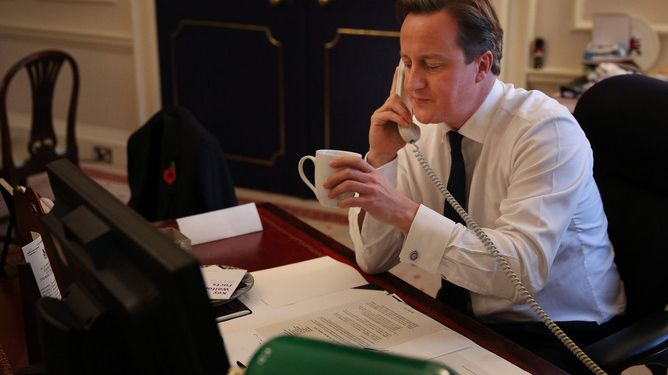
Press release -
Why the UK should look to Greece to mend political ‘crisis’
As Culture Secretary Maria Miller has stepped down following criticism for over-claiming on her expenses, a Northumbria University politics expert is pointing to Ancient Greece for a solution to the UK’s political system.
Professor Howard Elcock, Emeritus Professor of Government, argues that the public’s lack of faith in British politics and politicians is due to the fact we have forgotten the lessons from Ancient Greece.
While Greek philosophers Plato and Aristotle taught the merits of active citizenship and leaders working for the wider public interest to ensure a stable state for all, Professor Elcock argues that contemporary British society has turned citizens into passive consumers. He blames the celebration of market forces, individualism and self-centredness for this change.
Professor Elcock theorises that expenses scandals, such as Mrs Miller’s, neo-liberal thinking and the neglect of ancient philosophies about citizenship and the public interest has led to a major crisis in the UK’s political and governmental affairs.
The Culture Secretary has been the focus of much media and public criticism in recent days, following an investigation into her expenses claims. Mrs Miller was further criticised by the Commons Standards Committee for her attitude to the enquiry and for supplying the independent commissioner with incomplete documentation and fragmentary information.
“There is a crisis of legitimacy in British politics, which can be seen in the declining turnouts at national and local elections, opinion poll results and the rise of alternative parties, such as UKIP,” said Professor Elcock.
“Politicians are held in low regard and even Civil Servants and those who hold public offices are not as well regarded as they used to be. The public is dissatisfied with all of the major parties.
“This crisis of legitimacy has two effects: it makes society lose the idea that there is a higher social vision than just market forces; and it causes people to believe that all politicians and civil servants are operating in a self-interested way.”
Professor Elcock points out that Plato, Aristotle and other Greek philosophers urged society to pursue higher goals of virtue and excellence, and he argues that contemporary politicians have lost sight of the duty to promote excellence as well as economy, efficiency and effectiveness.
He suggests several steps that can be taken to resolve the ‘crisis’ and restore public faith in their politicians.
“It’s about making a choice about what sort of society you want. People say that it doesn’t matter who you vote for as they are all the same but there is a real difference between the main parties in the UK today. I think elections now offer a real choice.
“Rather than become disillusioned, people need to rediscover the real meaning of being a citizen as opposed to a consumer. Being a citizen comes with rights and a responsibility to be active in the government of your community, regionally, nationally and internationally. Aristotle said this and he was right.”
Date posted: April 8, 2014
Topics
Categories
Northumbria is a research-rich, business-focussed, professional university with a global reputation for academic excellence. To find out more about our courses go towww.northumbria.ac.uk
If you have a media enquiry please contact our Media and Communications team at media.communications@northumbria.ac.uk or call 0191 227 4571.









